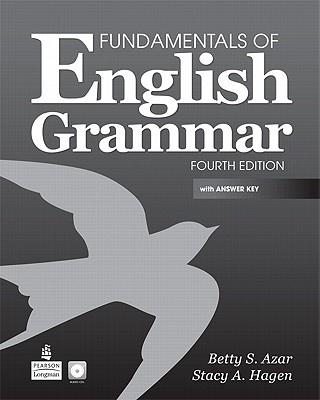


USING NOUN CLAUSES
Black Azar Units
Noun Clauses
Copyright © 2012 by Albert • All Rights reserved • • Designed by AlbertEnglish.com with the exception of some banners and buttons
Grammar
Grammar
Grammar
14
What is a noun clause?
What is the syntax, or form, of a noun clause?
WH-WORD SUBJECT VERB PHRASE (WH SUB VP)
WH-WORD SUBJECT VERB PHRASE (WH SUB VP)
It is a sentence, or clause, which acts like a single noun, usually an object or a subject of a sentence.
Samples:
What is her name? → I don't know what her name is.
Who has Abdullah's phone number? → Let me find out who has Abdullah's phone number.
When is our next test? → I'm not sure when our next test is.
Where are we meeting this afternoon? → We haven't decided where we are meeting yet.
Why didn't he call me? → He didn't tell me why he didn't call you.
Samples:
What is her name? → I don't know what her name is.
Who has Abdullah's phone number? → Let me find out who has Abdullah's phone number.
When is our next test? → I'm not sure when our next test is.
Where are we meeting this afternoon? → We haven't decided where we are meeting yet.
Why didn't he call me? → He didn't tell me why he didn't call you.
Fundamentals of English
Grammar
Unit 1
Present Time
Unit 2
Past Time
Unit 3
Future Time
Unit 4
Present Perfect & Past Perfect
Unit 5
Asking Questions
Unit 6
Nouns & Pronouns
Unit 11
Count/Noncount Nouns & Articles
What WH-words can be used in a noun clause?
who, what, where, when, why
which N, what N, whose N, how Adj
if / whether
that
The following WH-words cannot stand alone. Consider the noun (N) or adjective (Adj) to be part of the WH-word and not a subject or object when you are constructing a noun clause. For example, in the sentence I wonder whose car this is, the WH-word is whose car, the subject is this, and the verb phrase is is.
WHICH N: Do you remember which flavor he wanted?
WHAT N: Can you tell me what time it is?
WHOSE N: Does anyone know whose phone this is?
HOW Adj: Would you help me figure out how much water I should bring?
The following WH-words are used in response to Yes/No questions. Both if and whether mean the same thing, so either one is correct. Do not use that.
Can they come to the party? → I don't know if they can come to the party.
Has she been to Paris? → I don't know if she has been to Paris.
Does he like spicy food? → I have no idea if he likes spicy food.
Students often wonder when it is appropriate to use the WH-word that. My answer is that WH-word that can be used only when none of the other WH-words are possible. Additionally, when there is no doubt or question involved in what you are saying, that is probably the WH-word that you need to use.
Can they come to the party? → They told me that they could come to the party.
Has she been to Paris? → I think that she went to Paris five years ago.
Does he like spicy food? → I believe that he dislikes spicy food.
As you can see above, what you say before the noun clause is important when deciding whether or not to use the WH-word that. If you look through chapter 14, you will see a list of verbs that are typically followed by that-clauses, as they are called. Note the meaning of those verbs. You will see that there is a sense of knowing something rather than not knowing.
who, what, where, when, why
which N, what N, whose N, how Adj
if / whether
that
The following WH-words cannot stand alone. Consider the noun (N) or adjective (Adj) to be part of the WH-word and not a subject or object when you are constructing a noun clause. For example, in the sentence I wonder whose car this is, the WH-word is whose car, the subject is this, and the verb phrase is is.
WHICH N: Do you remember which flavor he wanted?
WHAT N: Can you tell me what time it is?
WHOSE N: Does anyone know whose phone this is?
HOW Adj: Would you help me figure out how much water I should bring?
The following WH-words are used in response to Yes/No questions. Both if and whether mean the same thing, so either one is correct. Do not use that.
Can they come to the party? → I don't know if they can come to the party.
Has she been to Paris? → I don't know if she has been to Paris.
Does he like spicy food? → I have no idea if he likes spicy food.
Students often wonder when it is appropriate to use the WH-word that. My answer is that WH-word that can be used only when none of the other WH-words are possible. Additionally, when there is no doubt or question involved in what you are saying, that is probably the WH-word that you need to use.
Can they come to the party? → They told me that they could come to the party.
Has she been to Paris? → I think that she went to Paris five years ago.
Does he like spicy food? → I believe that he dislikes spicy food.
As you can see above, what you say before the noun clause is important when deciding whether or not to use the WH-word that. If you look through chapter 14, you will see a list of verbs that are typically followed by that-clauses, as they are called. Note the meaning of those verbs. You will see that there is a sense of knowing something rather than not knowing.












